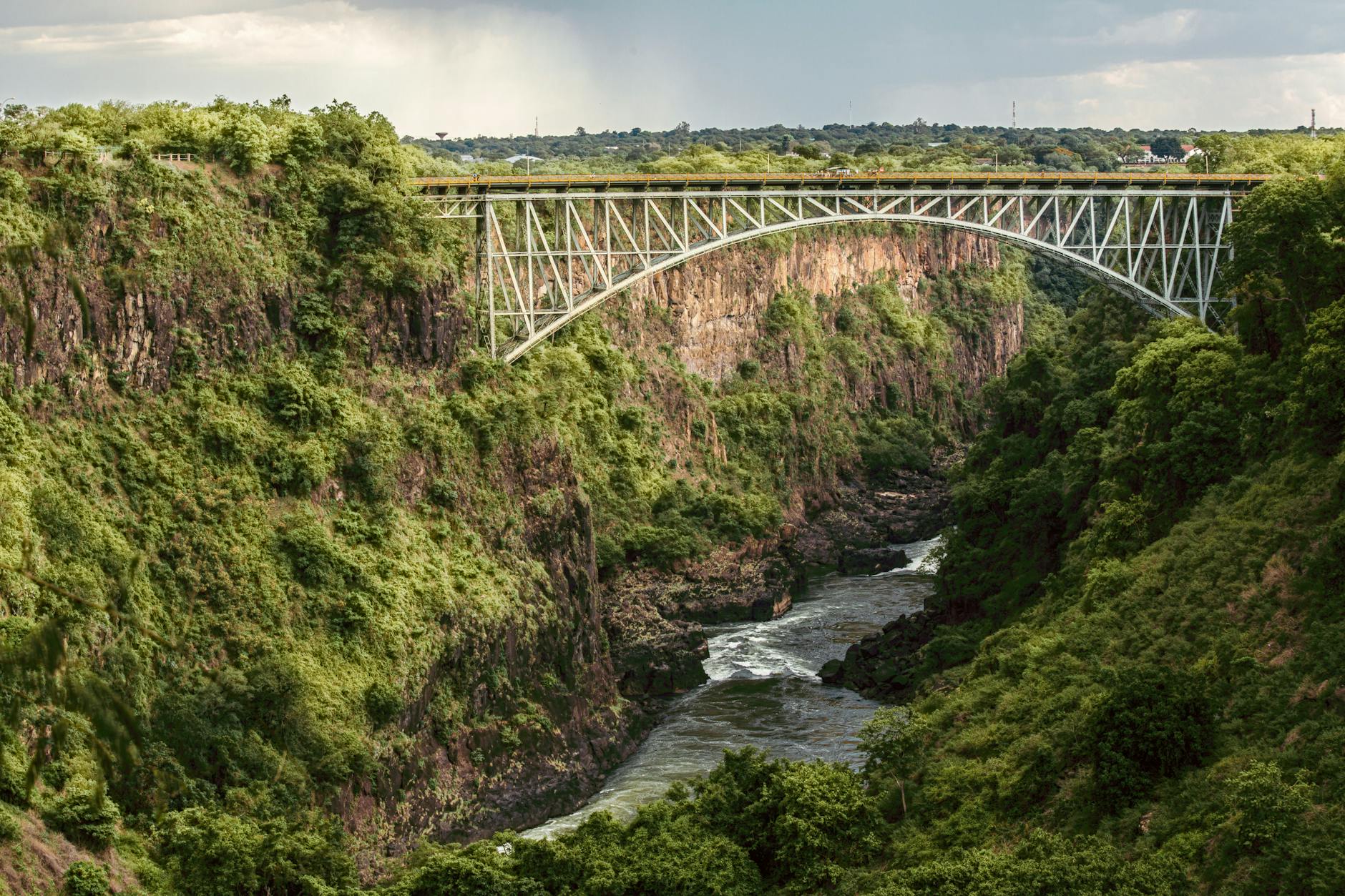Zambia and the Democratic Republic of Congo (DRC) are taking significant steps to boost their mineral exports and develop value chains for critical minerals like cobalt and copper. These efforts are pivotal for the global shift towards clean energy and electric vehicles. Here’s an overview of their collaborative initiatives and agreements:
Cooperation Agreements
Historic Agreement in 2022
In April 2022, Zambia and the DRC signed a landmark cooperation agreement aimed at leveraging their rich mineral resources to develop value chains in the electric battery and clean energy sectors. This agreement marks a crucial step in their commitment to harness their mineral wealth for economic growth and job creation.
Recent Agreement in 2024
In May 2024, another significant agreement was signed between the two nations. This agreement focuses on facilitating cross-border trade and addressing the challenges faced by transporters at key border crossings, such as Kasumbalesa. This move is expected to streamline mineral export processes and enhance trade efficiency.
Battery and Electric Vehicle Value Chains
Focus on Electric Vehicle Batteries
The 2022 cooperation agreement laid the foundation for a joint strategy to boost the economies of Zambia and the DRC by developing value chains for electric vehicle batteries and components. With around 70% of the minerals required for electric vehicle battery production, including cobalt, copper, and nickel, the two countries are well-positioned to become major players in this industry.
Special Economic Zones
Plans are underway to establish special economic zones (SEZs) in both countries to support the battery and electric vehicle value chain initiative. These SEZs are expected to attract investments, foster industrial development, and create numerous job opportunities, further driving economic growth.
Critical Minerals Partnership with the EU
Strategic Partnership
In October 2023, the European Union (EU) signed a partnership with Zambia and the DRC to develop critical raw material value chains and improve regional infrastructure connectivity. This partnership is aimed at securing a sustainable supply of critical minerals for the EU’s green energy transition while promoting responsible mining practices.
Infrastructure and Sustainability
The EU partnership will also focus on enhancing regional infrastructure, which is crucial for efficient mineral trade. By improving transport and logistics networks, Zambia and the DRC can ensure smoother cross-border trade and better access to global markets.
Conclusion
Zambia and the DRC are leveraging their complementary mineral resources to establish robust value chains for critical minerals, particularly in the electric vehicle battery sector. Through strategic cooperation agreements and partnerships, they are not only boosting their economies but also contributing to the global green energy transition. Improved infrastructure and regulatory frameworks will further facilitate cross-border mineral trade, positioning Zambia and the DRC as key players in the global mineral market.
By fostering such collaborations, Zambia and the DRC are setting a precedent for how countries can work together to harness their natural resources for sustainable development and economic prosperity.

Leave a Reply